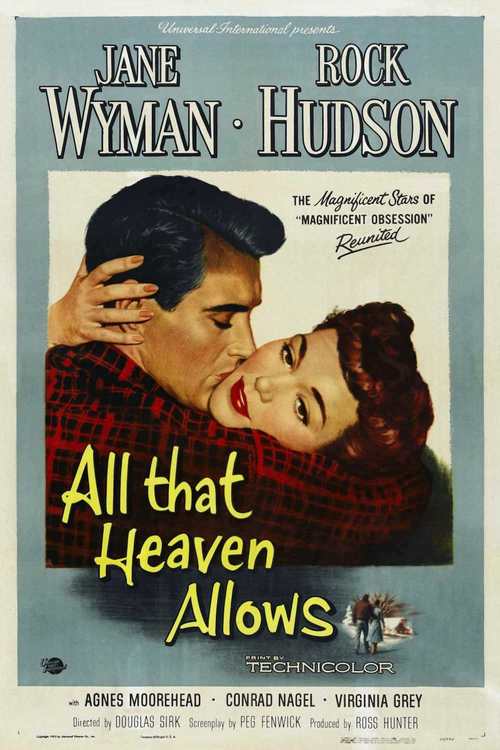

Until very recently, Dona Flor was the highest-grossing Brazilian film of all time, primarily because of its success overseas. 1 Through its phenomenal international box office success, the film sells to the rest of the world this alluring and compelling vision. Bruno Barreto's Dona Flor and Her Two Husbands brilliantly conveys a vision of Brazilian culture and identity in the 1970s at the very moment this vision's power peaks, and then begins to decline. EST.Few films manage to capture and communicate images that sum up a nation's identity at a particular historical moment. MENU | ABOUT TERMS | SHIPPING BROOKLYN, NY. MENU | ABOUT | TERMS | SHIPPING BROOKLYN, NY. also one of the most entertaining." -Mario Vargas Llosaġ.06" H x 8.04" L x 5.24" W (0.96 lbs) 553 pages "Poetic, comical and very human." - Chicago Tribune "A sentimental masterpiece." - Los Angeles Times No other Latin American writer is more genuinely admired by his peers, nor has any other exerted so great a creative influence on the course of Latin American fiction." - The New York Times Book Review A highly successful film version of Dona Flor was produced in Brazil in 1976.

One of the most renowned writers of the Latin American boom of the sixties, Amado has been translated into more than 35 languages. Not until the 1950s did he write his great literary comic novels-Gabriela, Clove and Cinnamon, and Dona Flor and her Two Husbands-which take aim at the full spectrum of society even as they pay ebullient tribute to the region of his birth. It was an impassioned plea for social justice for the workers on Bahian cacao plantations and his novels of the thirties and forties would continue to dramatize class struggle.

His first novel, Cacao, was published when he was nineteen. Jorge Amado-novelist, journalist, lawyer-was born in 1912, the son of a cacao planter, in Ilheus, south of Salvador, the provincial capital of Gabriela, Clove and Cinnamon.

But after her wedding she finds herself dreaming about her first husband's amorous attentions and one evening Vadinho himself appears by her bed, as lusty as ever, to claim his marital rights. She is soon drawn to a kind pharmacist who is everything Vadinho was not, and is altogether happy to marry him. His long suffering widow Dona Flor devotes herself to her cooking school and her friends, who urge her to remarry. It surprises no one that the charming but wayward Vadinho dos Guimaraes-a gambler notorious for never winning-dies during Carnival.


 0 kommentar(er)
0 kommentar(er)
